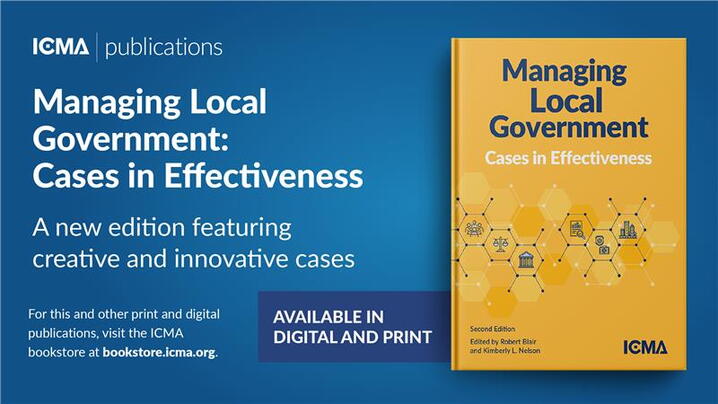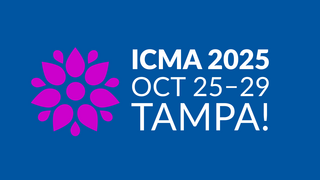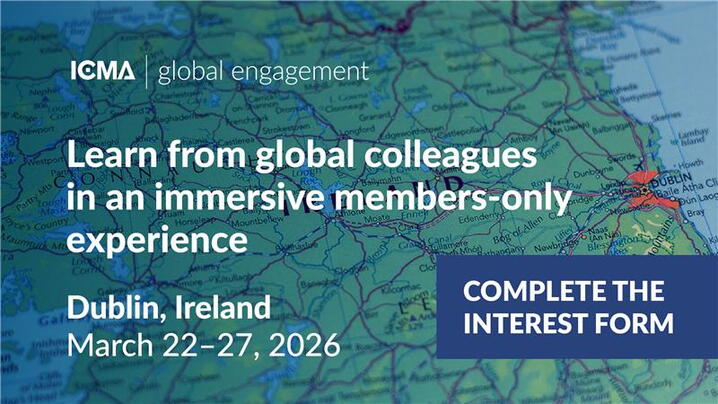

Robert Blair and Kimberly Nelson share their process and purpose for local government case studies for local government professionals, students, and educators.

Instructions and form used to submit application for a community to obtain ICMA recognition.

Register by September 17 to get the best rate for the 2025 ICMA Annual Conference in Tampa! Plus, call for session proposals is open for the 2026 ICMA conferences.

Get ready to broaden your local government management perspective, share best practices, and make memories!

Discover what’s really slowing your team down—and how to fix it, with practical strategies from Brian Elms to help innovation in local government thrive.

Leeds, United Kingdom


